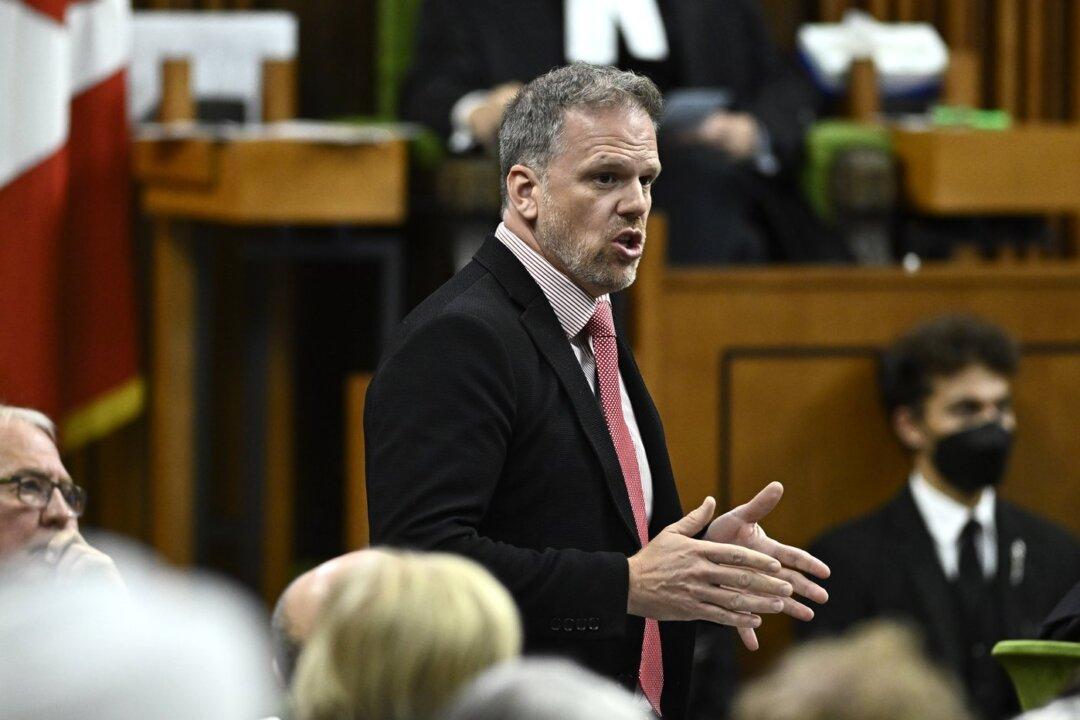The federal government could have maintained its deal with Medicago for the delivery of COVID-19 vaccines, but instead told the manufacturer the doses weren’t needed, Health Minister Mark Holland told MPs.
After Medicago’s Covifenz vaccine was authorized in Canada, “it became clear that we had the doses that we needed,” Mr. Holland told the House of Commons health committee on Dec. 6. “The other vaccines that were available meant that the Medicago ... doses were not required.”





